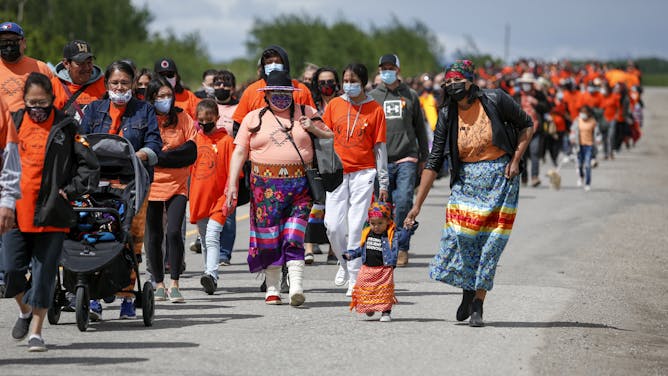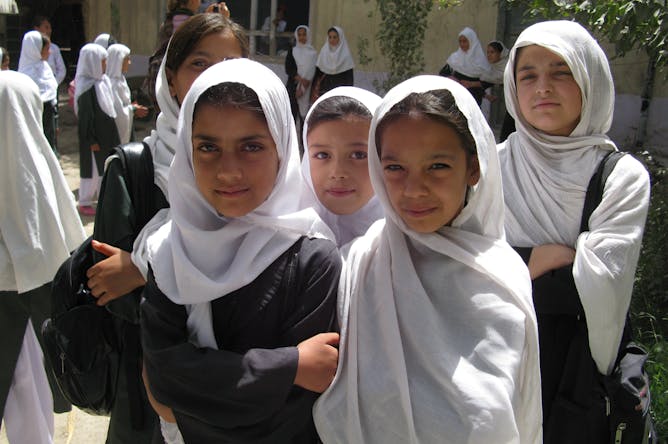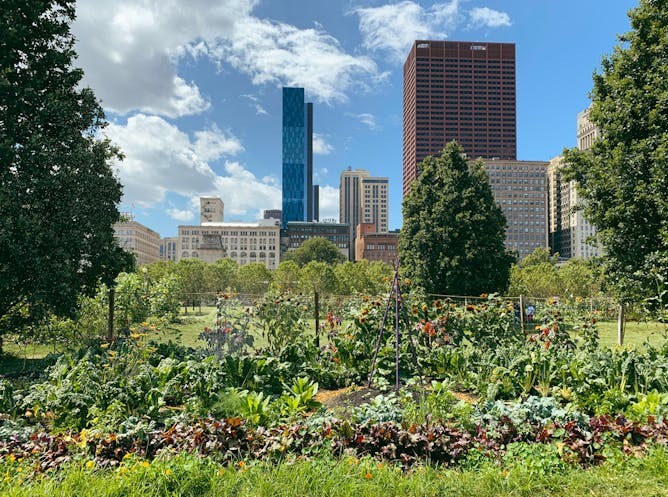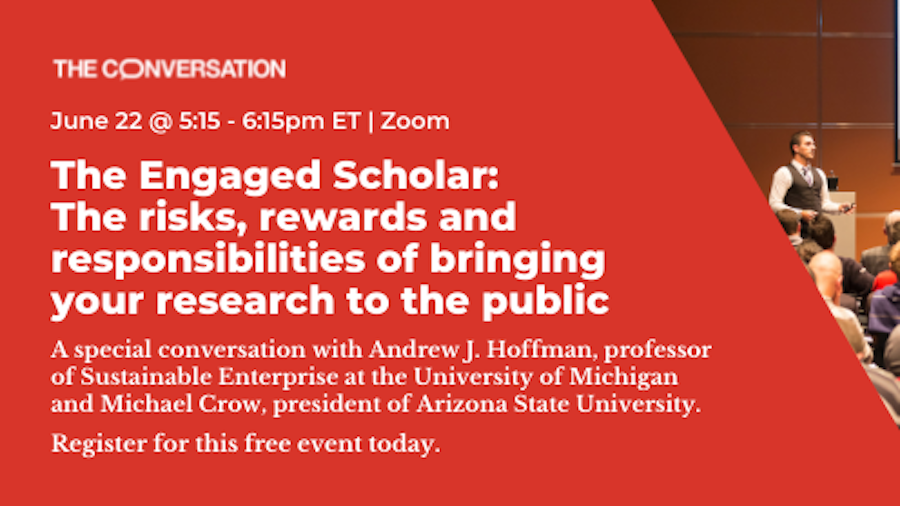|
|
|
|
Over the past year and a half, while the world has been immersed in the global coronavirus pandemic, another threat has grown in number and scale. With people working from home, there have been increased vulnerabilities in how corporations and organizations work. These include the management and monitoring of infrastructure — these new vulnerabilities have been exploited by a growing number of increasingly sophisticated hackers.
Today in The Conversation Canada, Michael Parent from Simon Fraser University and David Beatty at the University of Toronto write about the impacts of these cyberattacks, which have grown to the point where they are threatening infrastructure. The authors write that to combat them, we’ll need to consider “widely accessible but tightly controlled websites with stringent access controls to prevent criminal activity, much like the closed corporate intranets that gained popularity two decades ago.”
Also today:
Regards,
|
Nehal El-Hadi
Science + Technology Editor
|

|
|

Colonial Pipeline storage tanks. On May 7, 2021, the company experienced a ransomware cyberattack.
(AP Photo/Seth Wenig)
Michael Parent, Simon Fraser University; David R. Beatty, University of Toronto
The amount of online data and transactions are growing exponentially. Related is the increasing possibility of cyberattacks — one way to address these is by regulating parts of the internet.
|

Members of the Tsuut'ina Nation take part in a silent march in memory of the 215 children whose remains were found in Kamloops.
THE CANADIAN PRESS/Jeff McIntosh
Cynthia Stirbys, University of Windsor; Amelia McComber
Acts of genocide were strategically implemented by church and the Canadian government to remove Indigenous people from their land and, in turn, their culture.
|

Alzheimer’s disease is characterized by progressive memory loss, spatial disorientation and many other cognitive and behavioural disorders that ultimately lead to a state of total dependence.
(Shutterstock)
Étienne Aumont, Université du Québec à Montréal (UQAM); Marc-André Bédard, Université du Québec à Montréal (UQAM)
The new drug is based on the idea that a build-up of amyloid in the brain leads to the disease. But that hypothesis has been under scrutiny lately.
|

For workplace teams returning to the office post-pandemic, it will still be important to protect the benefits of remote work: uninterrupted time for strategically important projects, and respect for personal preferences.
(Pixabay)
Matthias Spitzmuller, Queen's University, Ontario
Post-pandemic, the world of work will probably never be the same again. And that's probably a good thing. We now have an opportunity to make it better.
|

Schoolgirls in Kabul, Afghanistan.
(Lauryn Oates)
Lauryn Oates, Royal Roads University; Homa Hoodfar, Concordia University
After 20 years in Afghanistan and many promises made, the U.S. does hold responsibility for Afghans' fate, including their human right to access education.
|
La Conversation Canada
|

Un potager érigé en pleine ville. Jardiner, verdir les espaces ou manger local peuvent-ils être considérés comme des gestes politiques ?
Shutterstock
Laurence Bherer, Université de Montréal; Pascale Dufour, Université de Montréal
Jardiner, manger ou s’approvisionner local sont-elles des actions politiques ? Si oui, tout devient-il politique ? Cela dépend du contexte dans lequel la pratique s’inscrit.
|

L'apprentissage du langage ne se fait pas en vase clos. L'interaction avec ses pairs et le monde extérieur est cruciale.
(charlein gracia | unsplash)
Yvonne Wren, University of Bristol
Le confinement et les autres mesures contre la Covid-19 ont affecté chez les enfants l’acquisition de compétences en matière de langage et d’élocution.
|
Politics
|
-
Myles Allen, University of Oxford
If the G7 is serious about stopping global warming, it could start by acknowledging who and what is causing it.
|
|
Health
|
-
Brian King, Penn State; Andrea Rishworth, McMaster University; Ruchi Patel, Penn State
The start of one new public health crisis didn't mean the end of another.
|
|
Science + Technology
|
-
Gail Iles, RMIT University
Mars has earned a lot of headlines lately, but dozens of missions - both current and planned - are fanning out across the Solar system to learn about other weird worlds too.
|
|
| |
| |
| |
| |

|
| |
| |
| |
| |
| |
| |
| |
| |
|
|
|
|
|
|
|